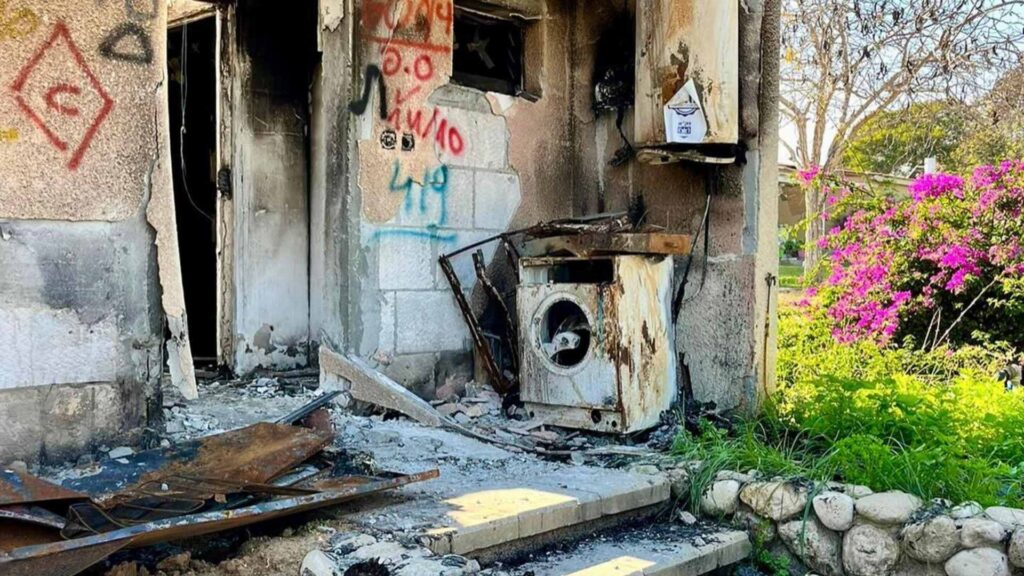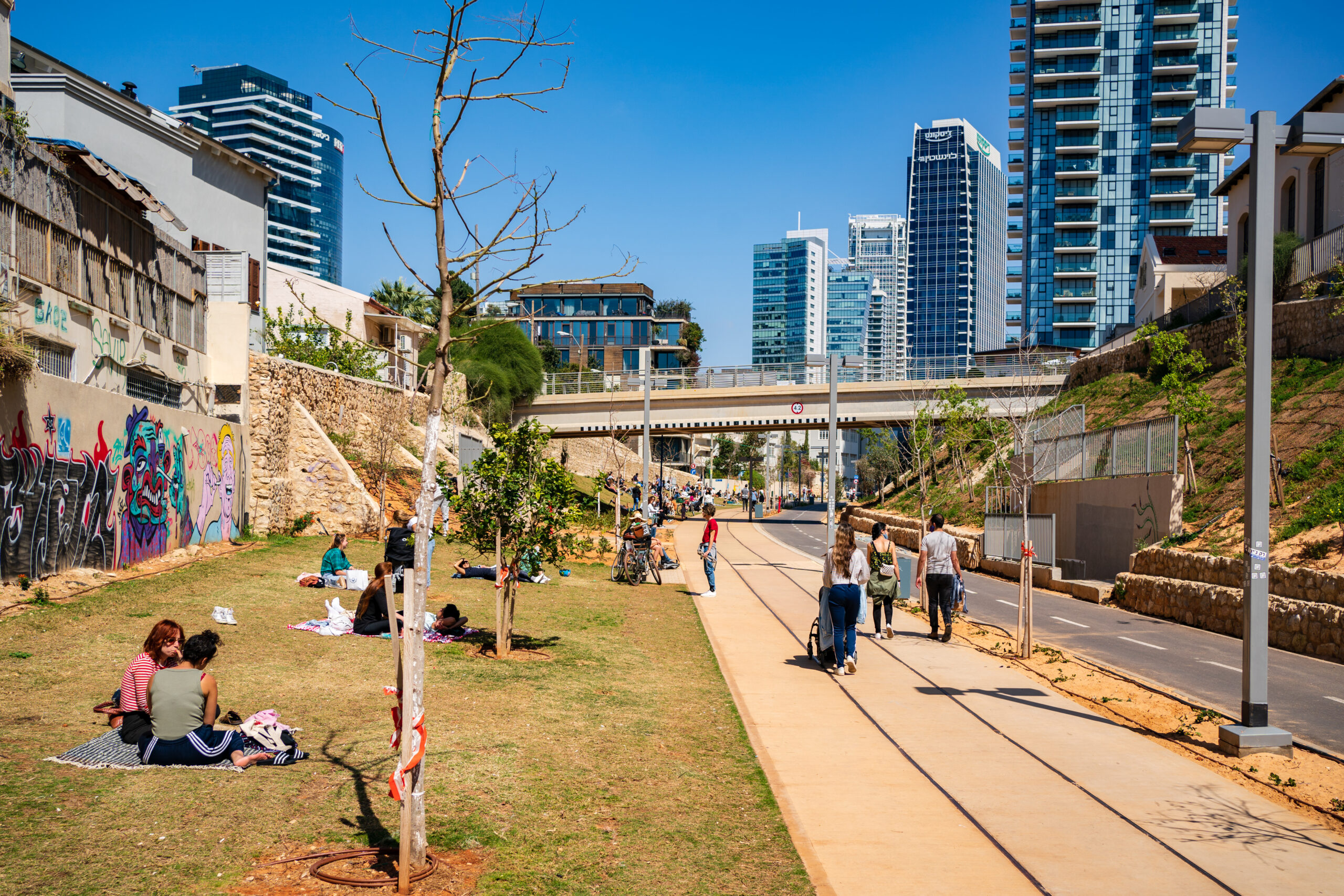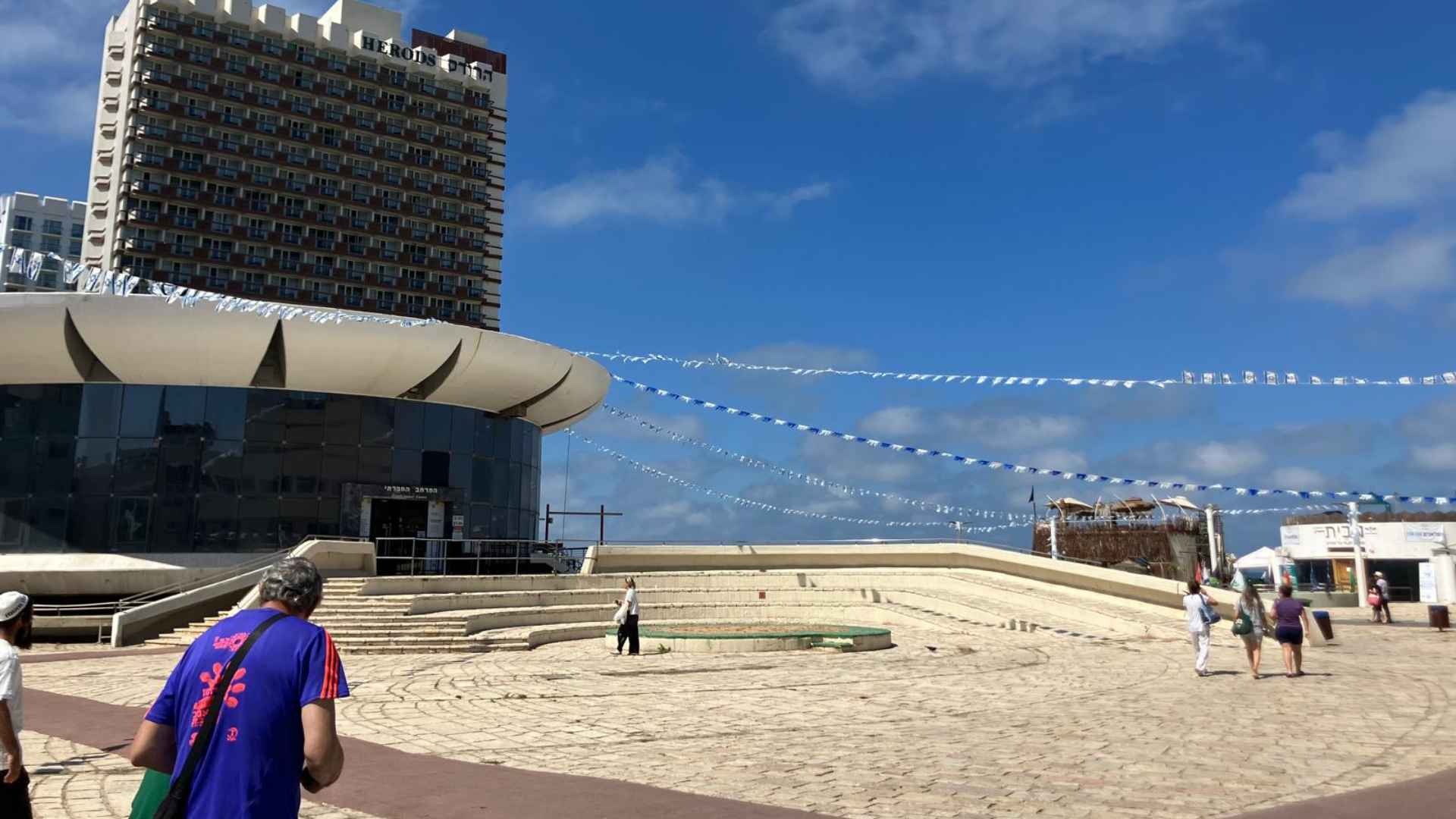The Ministry of Energy recently made a public statement of good intentions in relation to the developing Tkuma strategy for rebuilding the Negev area damaged by the war. In a December press release, the Ministry listed its priorities in terms of renewable energies and other steps designed to deliver the large-capacity and long-term stability in power supplies that the region needs to repower homes, public facilities, businesses and the security sector.
The Energy Ministry’s track record as the driving force responsible for Israel’s energy market is, however, concerning: recently the OECD listed Israel as the second lowest producer of renewable energy of its member nations; the Finance Ministry put the brakes on Israel’s commitment to join the international initiative to strive for doubling energy efficiency and tripling renewable capacities; and a summer heatwave left 300,000 households for an extensive period without power after the system failed to cope with demand – demands that will be much more frequent as Israel feels the impact of the climate crisis.
Adam Teva V’Din is calling on the Ministry of Energy answer the call and mobilize repair and restoration of power supplies, in line with the Tkuma Directorate’s first public declaration of its vision, “…not just to restore the situation to its previous state, but rather to expand and upgrade all the localities…”. We believe it can be done, if those responsible for provision of energy advance as follows:
- Building a model sustainable energy economy: After restoring a functioning supply system by replacing damaged facilities, etc., the goal must be to rebuild the Tkuma region as a model of sustainability that can be replicated elsewhere in Israel in the coming years. The new energy economy must meet the demands of security and climate threats, while serving as a growth engine for development of the whole of southern Israel. The Ministry of Energy must use its vast resources of budgets and expertise to push for a comprehensive and sustainable regional energy economy.
- Updating the grid: The government must push and facilitate the establishment of an efficient power transmission system with a large capacity grid, accessible to renewable energies, and which includes modern energy storage systems and access to Israel’s offshore gas reserves.
- Remove the barriers: The development of a model modern energy system in this remote and sunny region must maximize the integration of cheap solar energy at all levels. To do so, it is essential to remove regulatory and taxation barriers that prevent the players – from housing committees to local authorities – from accessing solar power in the area’s communities, businesses and public facilities.






